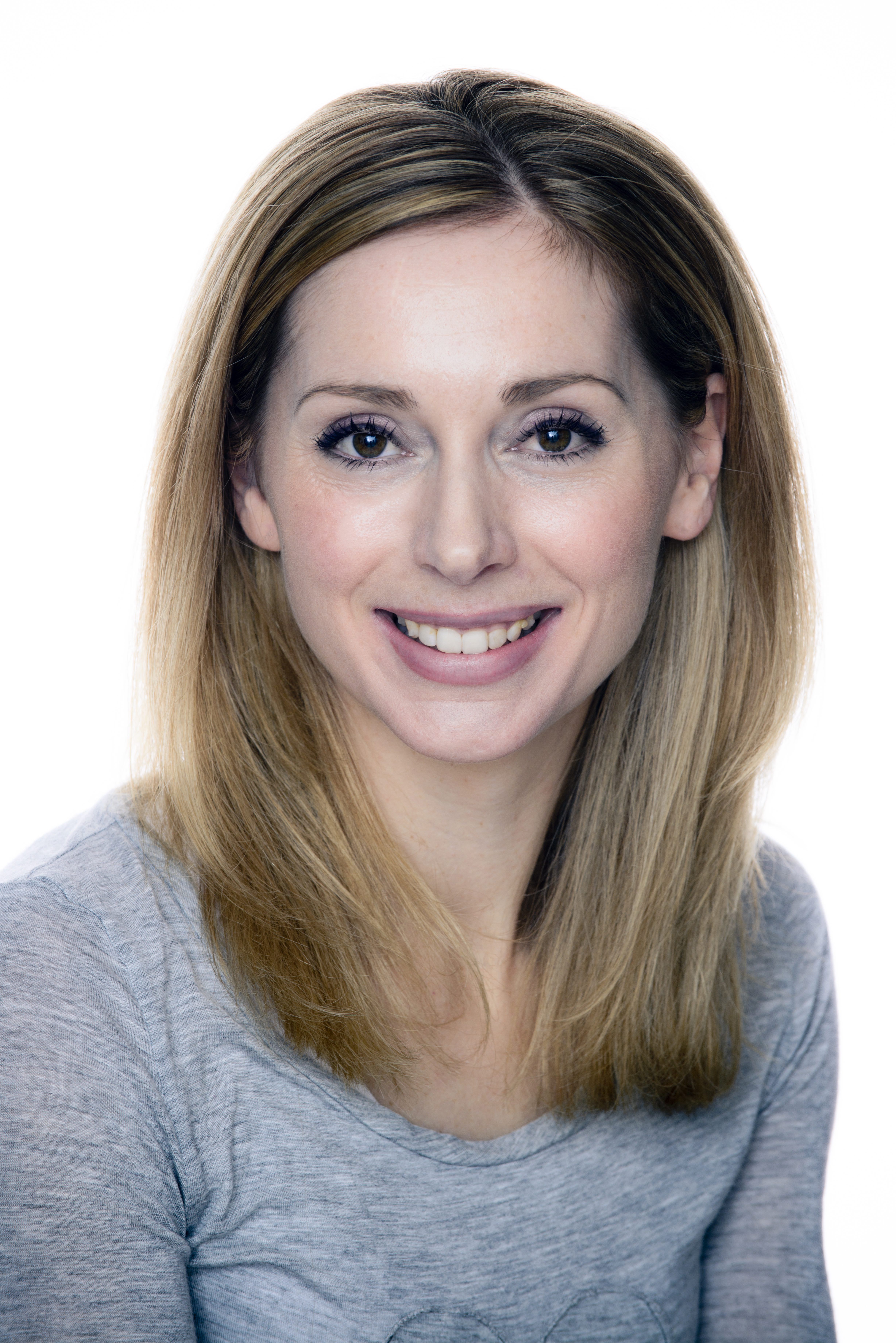What’s your job title and what do you do during a typical day at work?
I’ve started my own small company – Melba Media (melba.media) – and I work as a copywriter and communications consultant. During a typical day I’ll work with Danish companies on marketing, branding and media tasks, helping them to write in perfect English so that they maintain credibility in their international markets. The work varies – it can be anything from writing journalist-style industry articles to making over websites, creating press releases or thinking up new ad campaigns.
What’s the best thing about your job?
Denmark’s a small place, so there’s not always that much competition. This means opportunities. And running my own company gives me the flexibility to pursue those opportunities. Because I’m Australian, I can draw on my contrasting background and experience to come up with novel ideas that often challenge local perceptions.
What’s something about Denmark that would surprise someone who hasn’t worked here?
Denmark is filled with great opportunities to make your own way – if you have the perseverance and luck to grasp them. If you bring work experience from another country, there can be interesting ways of capitalising on that knowledge to improve work processes here. And the level of support available to help people optimise their careers is also impressive. For example, I’m currently a member of Multicultural Businesswomen in Denmark (mbw-dk.com) where I receive business advice from a Danish mentor and have access to a coach.
Did you feel that it was easy as an expat to come to work in Denmark?
I don’t think it’s always easy to get a job, and a visa can be a challenge. It depends on your profession, too. But over the last few years, I think we’ve seen considerable progress, such as more readily available information online in English, including job search sites.
Are you aware of any stereotypes about Denmark and the Danes? How do these compare with reality?
I hear so many things about ‘the Danes’. But what I’ve learned is that you can’t always generalise. For every stereotype, you’ll find exceptions if you look hard enough. For example, it’s common to hear that it’s hard to make Danish friends. It’s true that there are close-knit circles of friends from school or university, but there are also many open-minded Danes to be found. It takes time to establish good ties here, and it helps to speak the language.
What are some of the main differences and similarities between Australia and Denmark?
On a broader level, there are many similarities – for example, both countries love sport and have a strong drinking culture. But the sports and drinks preferred are quite different!
Is there anything you miss about living and working in Australia?
I miss the milder winters, and certain foods. But the upside is that I’ve learned how to cook or make most of the foods I can’t find here. And with time, I’m hoping that one of my entrepreneurial friends will find a way to import my favourite biscuits: Tim Tams.
Are you involved in any clubs or societies outside of work?
I helped start Copenhagen Netball Club (netball.dk) way back in 2008. Netball is the most popular female team sport in Australia and New Zealand, but it didn’t exist here! As the only club (so far) in Denmark, we’ve had the amazing opportunity to work with the highest international body, the International Netball Federation, as well as Netball England and Stockholm Netball Club to grow the sport in Scandinavia. We’ve also been to international tournaments in Brussels, Stockholm and Gibraltar, and hosted some here.













